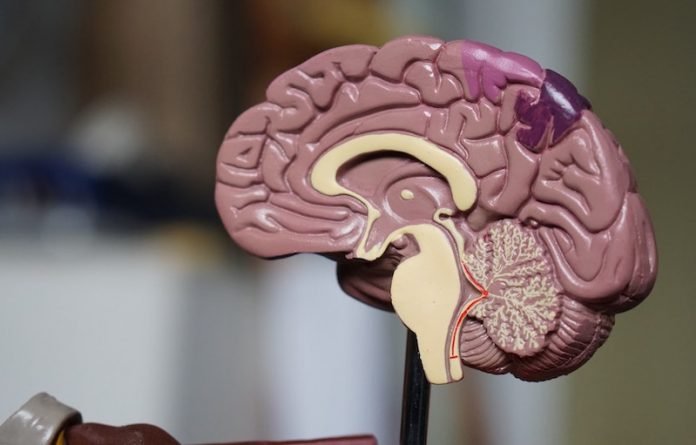
In a study from the University of Wisconsin-Madison, scientists developed a new injectable gel to help treat the deadly brain cancer glioblastoma.
Like the hardiest weed, glioblastoma almost always springs back—usually within months after a patient’s initial brain tumor is surgically removed.
That is why survival rates for this cancer are just 25 percent at one year and plummet to 5 percent by the five-year mark.
One of the challenges of treating this disease is that surgeons can’t always remove every bit of tumor or glioma stem cells that might linger in the brain.
One characteristic of glioblastoma is that the tumor cells are very aggressive, and they will infiltrate the surrounding tissues.
So the surgeon can’t clearly feel the boundaries between the tumor and the normal tissue, and the doctor cannot remove as much as possible because all the tissues in the brain are extremely important.
So the tumor will come back again, and that sharply decreases the survival rate after treatment.
In the study, the team developed a powerful immunity-boosting postoperative treatment that could transform the odds for patients with glioblastoma.
The gel can be injected into the brain cavity left behind by the excised tumor.
The hydrogel delivery method works well because it completely fills the brain cavity, slowly releases the medicine into the surrounding tissue, and promotes the cancer-killing immune response.
The hydrogel is packed with nanoparticles designed to enter and reprogram certain types of immune cells called macrophages.
These immune cells normally clean up infectious invaders in the body, but in the tumor environment, they can change into a form that instead suppresses the immune system and promotes cancer growth.
And because of the inflammation created by surgery, these rogue macrophages flock to the surgical site, potentially fueling cancer relapse.
If effective in humans, the hydrogel treatment could eliminate the need for postsurgical chemotherapy or radiation, reducing toxic side effects while also improving patient outcomes.
The team’s next step is testing the hydrogel in larger animal models and also monitoring long-term efficacy and toxicity beyond the four- to the six-month period he previously studied.
If you care about cancer, please read studies about the causes of cancer, and this vegetable oil increases the spread of cancer.
For more information about cancer, please see recent studies about diet soda linked to lower death risk in colon cancer, and results showing scientists find ways to increase the longevity of cancer survivors.
The was conducted by Quanyin Hu et al and published in Science Translational Medicine.
Copyright © 2022 Knowridge Science Report. All rights reserved.



